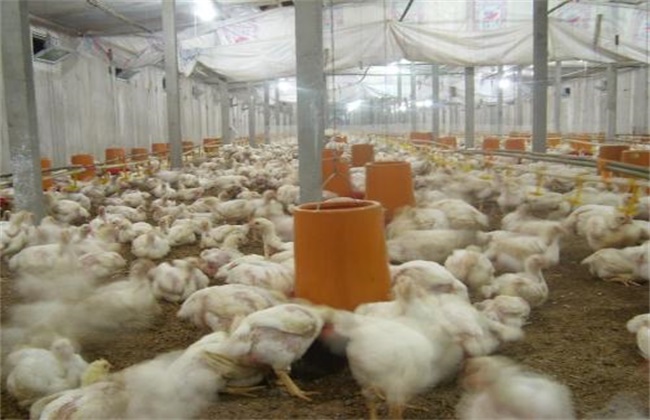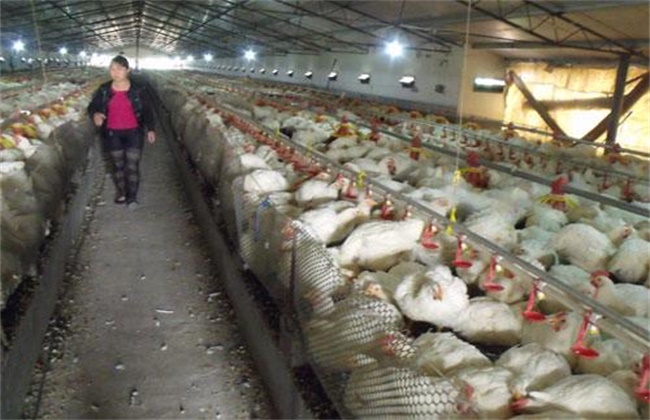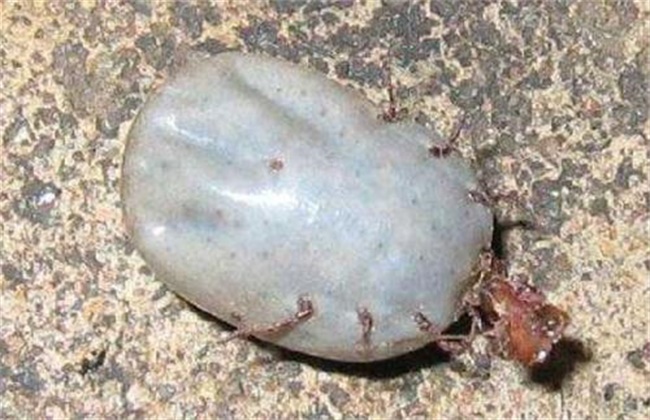The harm of high temperature to broilers
Raising chickens is very common in our country. When raising chickens, we need to do a good job in management. And the management methods should be adjusted in time according to the changes of seasons, especially in summer and other high temperature seasons. In the high temperature environment, the growth of broilers will be significantly affected, and if there is no timely management, then it will cause great harm. So what harm does high temperature do to broilers? The following editor brings you the harm of high temperature to broilers, let's have a look!

1. Food intake decreased
In the high temperature environment, the food intake of broilers will decrease significantly. Because when the broiler is in a high temperature environment, the temperature difference between the body temperature of the chicken and the environment is small, which leads to the decrease of the heat dissipation of body heat, which leads to heat stress in early summer. If the chicken has heat stress, then its feeding center will be inhibited, and the digestive tract will reduce its activity. And broilers will drink a lot of water in order to dissipate heat as soon as possible, which will lead to a reduction in food intake. A survey of professional data shows that in an environment of 20-30 degrees, the food intake of chickens will be reduced by about 1.6% for every degree increase, and the higher the temperature, the less food will be consumed.
2. Decline in production performance
As I just said, the food intake of broilers will be reduced under high temperature. Therefore, the daily intake of nutrients in broilers is very small, especially protein, energy and other nutrients. In addition, the amount of drinking water increased sharply, resulting in a decrease in the depth of digestive enzymes in the intestines of broilers. As a result, the existence time of chyme in the digestive tract is too short and the digestibility of nutrients is reduced. As a result, the growth and fat gain rate of broilers will decrease, and the feed utilization rate will be insufficient. Broilers will also reduce their production performance due to lack of nutrition.
3. Affect physiological function.
After the emergence of heat stress in broilers, broilers will speed up their breathing rate in order to maintain a normal body temperature. Because the breathing rate is too fast, it will lead to an increase in the discharge of carbon dioxide in the body and an increase in PH, while broilers are prone to respiratory alkalosis. If the temperature in the chicken house continues to rise, then the abdominal muscles of the broilers are too tired, the respiratory rate begins to decrease, and the opposite symptoms begin to appear. Moreover, under the condition of heat stress, the heart rate and blood circulation of broilers increase, which can easily lead to insufficient blood supply of digestive system and internal organs of broilers, affect the absorption and utilization of nutrients, and cause broilers to stop growing and die in serious cases.
4. Susceptible to diseases
High temperatures can lead to excessive secretion of serum corticosteroids in broilers, which inhibit cell growth when they enter the lymphocytes. And it will also affect the synthesis of protein, resulting in the suppression of the immune system of broilers. If there is no timely treatment to lead to long-term heat stress in broilers, it will lead to an increase in corticosteroids in blood semen, resulting in lymph node atrophy, and will also affect the immune organs in varying degrees. At the same time, in the high temperature environment, the reproduction of pathogenic microorganisms is also very large, so it is easy to lead to a variety of diseases in broilers.
The above is a brief introduction to the harm of high temperature to broilers. That's all for today's introduction. This article is for reference only. I hope I can help you.
Related
- On the eggshell is a badge full of pride. British Poultry Egg Market and Consumer observation
- British study: 72% of Britons are willing to buy native eggs raised by insects
- Guidelines for friendly egg production revised the increase of space in chicken sheds can not be forced to change feathers and lay eggs.
- Risk of delay in customs clearance Australia suspends lobster exports to China
- Pig semen-the Vector of virus Transmission (4)
- Pig semen-the Vector of virus Transmission (3)
- Five common causes of difficult control of classical swine fever in clinic and their countermeasures
- Foot-and-mouth disease is the most effective way to prevent it!
- PED is the number one killer of piglets and has to be guarded against in autumn and winter.
- What is "yellow fat pig"? Have you ever heard the pig collector talk about "yellow fat pig"?



